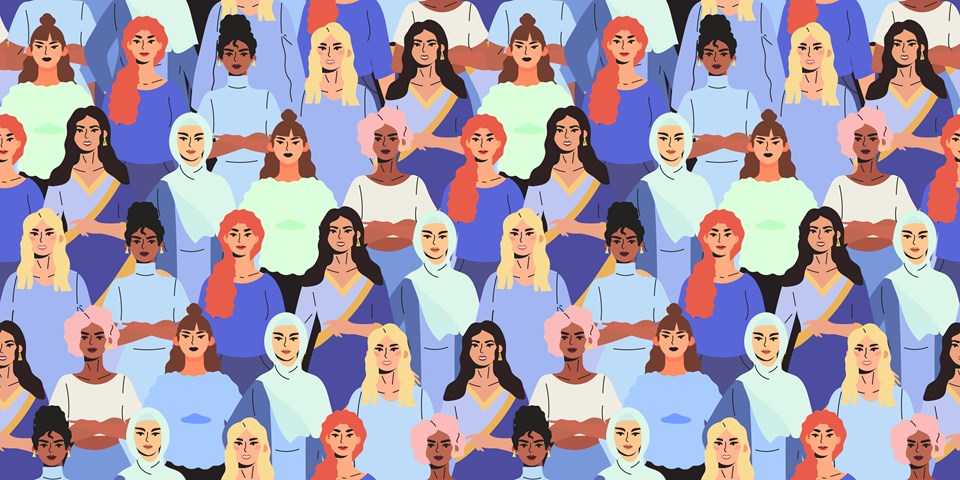Globally, women leaders online face relentless abuse, threats, and gendered disinformation campaigns, enabled by the lack of regulation on social media platforms. Lucina Di Meco argues that as a result, women are becoming discouraged from entering public leadership.
Lucina Di Meco / Turkish Policy
Globally, women leaders online face relentless abuse, threats, and gendered disinformation campaigns, enabled by the lack of regulation on social media platforms. As a result, women are becoming discouraged from entering public leadership and anti-democratic regimes are utilizing this deplatforming tactic as a tool to silence critics and undermine women’s political participation.
Experts in studying the field of information pollution and its impact on democracy are worried that this phenomenon is quickly becoming the norm.[1] Across Europe to the Middle East and Latin America, women politicians’ morality and dignity have been tainted by fake stories and disinformation campaigns in order to derail their candidacy as well as undermine women’s political participation more broadly, while taking a swipe at curtailing progress toward gender equality.
Recently proposed social media regulations from the Turkish government would exacerbate this problem exponentially. Currently, Turkey’s ruling Justice and Development (AKP) party is drafting a law covering online disinformation. While details of the proposal remain closed to the public, the bill has been said to include proposals to make “disinformation” and “misinformation” an offense punishable with prison sentences of up to five years for the dissemination of fake news and up to two years for online insults.[2] While reform to social media platforms is necessary, government regulation in this manner acts to silence political opposition and could exacerbate the issue of gendered disinformation in Turkey.
How Gender Bias Impacts the Campaigns of Women Politicians
Globally, women in politics are disproportionately targeted by gendered disinformation campaigns that feature fake stories and threats to undermine women candidates, often accompanied by humiliating and sexually charged images. The goal of these attacks is to frame female politicians as inherently untrustworthy, unintelligent, unqualified, and uncontrolling of their emotions to hold office or participate in democratic politics. Once in office, the same kind of content is organized online to derail their agenda and attack their character. Building on sexist narratives and characterized by malign intent and coordination, gendered disinformation both distorts public understanding of female politicians’ track records and discourages women from seeking political careers.[3]
To better understand gendered disinformation and work toward meaningful solutions to weaken its impact, one must first appreciate how pervasive sexism in politics is, and how it is manifested during campaigns and throughout the period in which women hold public office. Bias against women leaders, exploited through gendered disinformation campaigns, can take the following forms:
- Attacks on qualifications and competence. To be competitive as a candidate, women must prove they are qualified for public office by providing more evidence than men about their expertise, whereas the qualifications of men are assumed.
- Appearance based attacks. No matter the level of office, women in politics are subjected to more undue criticism of their appearance, voice and clothing in comparison to men, which has a direct impact on perceptions of their experience with the subtext that women are not as fit for office.
- Higher standards for likability. On top of demonstrating competence, women face a higher threshold to be liked by voters. Evidence has shown that voters will support a male candidate they do not like but believe is qualified, whereas they will not support women who are considered unlikable.
- Double bind around family responsibilities. Women in the public eye are also scrutinized and judged more harshly when it comes to family responsibilities. Voters recognize a double standard exists for mothers, but research shows they actively and consciously participate in it.
- Sexualized attacks meant to humiliate and demean. Sexualized attacks are a constant backdrop to disinformation aimed at women, with memes and graphics accusing women of “sleeping their way to the top” or being sexually promiscuous. Image-based attacks typically play on both bias in society and are sexual in nature, relying on sexist tropes that women are weak and incompetent.
You can read the full article here.


